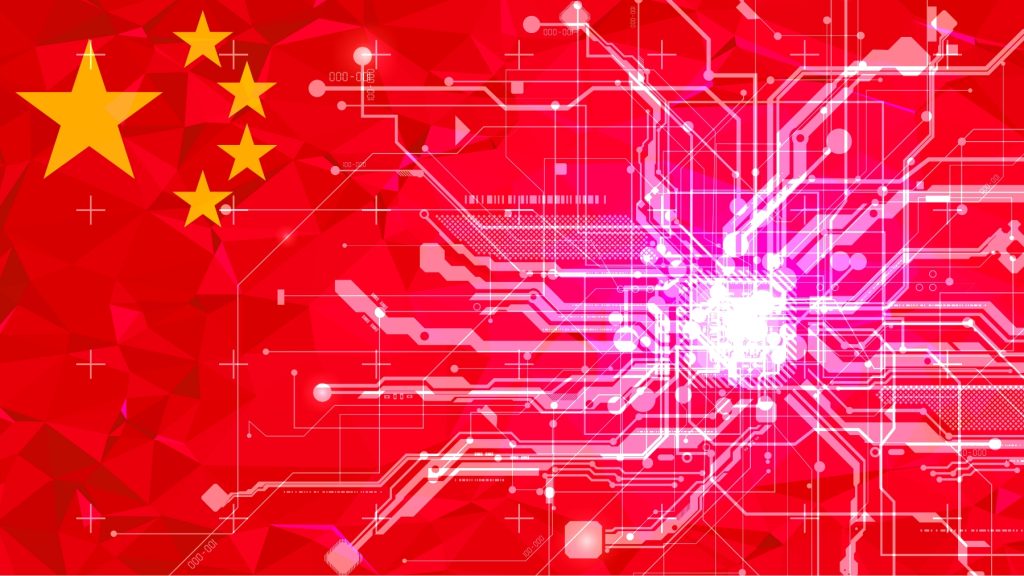
China is increasingly turning to domestic alternatives to compensate for the loss of Western-made technologies, reveals a Reuters report.
- China, traditionally reliant on imports for certain high-tech components, faces challenges as U.S. restrictions tighten.
- For now, China is working on the computer equipment sector, but telecom and finance are up next.
- Huawei is the real winner here as it emerges as a prominent player in this shift.
China is looking inwardly to compensate for the loss of Western-made technologies as the U.S. tightens restrictions on high-tech exports, according to Reuters.
For all its technological advancements, China has always imported certain high-tech parts from other countries, especially the U.S. But with the recent American restrictions making it increasingly harder to rely on these imports, China was left with little choices other than self-reliance and self-sufficiency.
China’s spending on replacing Western technologies has surged, with a 16.2% year-on-year increase in 2022. In fact, it reached a total of 1.4 trillion yuan ($191 billion), according to IT research firm First New Voice. For now, the computer equipment sector is getting the bulk of this investment. And it makes sense as it’s China’s lack of advanced chip-manufacturing capabilities that is preventing it from completely substituting foreign products.
And who better to supply high-tech equipment to a government other than its very own high-tech conglomerate? Huawei has emerged as a leading player in this transformation as its product suite spans chips to software. Huawei’s enterprise business reported 133 billion yuan in sales in 2022, a 30% increase from the previous year.
And by the looks of things, the telecom and financial sectors are not far behind. State-backed researchers have called on Beijing to strengthen anti-hacking defenses in the country’s financial infrastructure amid concerns over the security vulnerabilities of Western-made technology. A big example is the dependence of China’s UnionPay credit card system on U.S. software firm BMC for settlements.
You know, for frenemies, China and the U.S. rely on one another awfully lot.
This not-so-sudden shift to self-fulfillment won’t anger the rest of the world either as China has every legal right to substitute their imports with domestic alternatives. According to the U.S. treasury itself, China has not signed World Trade Organization clauses governing public procurement. It’s all above board here.
What China Wants, China Usually Gets
The government has set a deadline by which state-owned enterprises (SOE) have to replace office software systems with domestic alternatives by 2027. Come rain or high waters, the Chinese government is committed to reducing its dependence on Western countries or anyone really. They are even targeting sensitive infrastructure projects. As a result, they issued several tenders to replace foreign-made equipment in areas related to intelligence gathering and government departments.
China’s substitution initiative is good news for the rest of the world. As had it chosen a different path, we’d probably be stuck at the center of three simultaneous global conflicts. That’s three more than we actually want or need.
Inside Telecom provides you with an extensive list of content covering all aspects of the tech industry. Keep an eye on our Tech sections to stay informed and up-to-date with our daily articles.